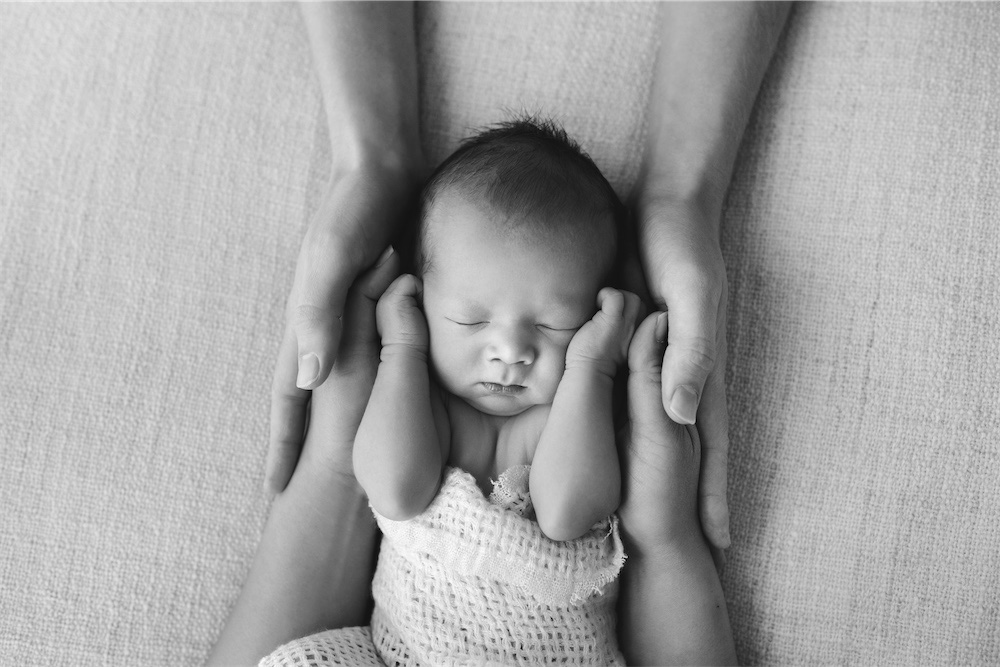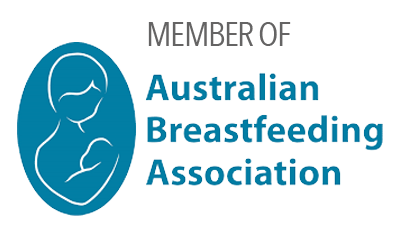What is Sleep Training?
Sleep training is helping your baby learn the skills to fall asleep and stay asleep for the appropriate amount of time. Certain things may work better for some that don’t work as well for others. Every baby is uniquely different.
The word ‘sleep training’ tends to put a bad taste in people’s mouth, as by definition it means:
“The process of training a young child to fall asleep on their own, typically by means of techniques in which the child is left to cry without being comforted, either for gradually increasing periods of time or until they fall asleep”.
However, this is not necessarily the case as there are many different methods and practices behind sleep training where the child does not need to cry themselves to sleep. The most important thing to do is find the right method that works for you and your baby.
Importance of sleep for newborns
Sleep is essential for the normal growth and development of an infant, including emotional wellbeing and bodily functions. A newborn will look so peaceful when they are sleeping, yet their little brains are very active and going through a phase of intense development – therefore, they need enough sleep for this to happen effectively. On average a newborn will need to sleep for around 16-18 hours per day.
When should I start newborn sleep training?
Sleep training begins the minute your little one enters the world. It’s never too early or too late to help create a rhythm and set a pattern of sleep which is coordinated around feeding times, both during the day and at night. If your child is past the newborn stage (0-6 months), look into infant sleep training for babies between 0.5-2.5 years old, as different age groups react entirely differently to different sleep training methods.
Day and night confusion
Babies tend to sleep well during the day and party at night. The reason for this is because in utero they were rocked by the movements of their mummy during the daytime, so at night when settling down for the evening, the baby was usually awake stretching and kicking. Therefore, it’s only natural for this confusion to occur once the baby has entered the world. We call this day and night confusion.
Circadian rhythm is another contributing factor as it is not yet developed. Melatonin is the driving force for this rhythm. Melatonin is the hormone responsible for helping babies (and adults) get to sleep and sleep soundly, and a baby does not start to produce Melatonin until around three months of age. This is another reason why day/night confusion can be a challenge for those very sleep deprived parents.
Strategies for day/night confusion
Day/night confusion can be completely resolved in as little as two weeks but can also take up to twelve weeks.
During the day, expose your baby to lots of sunlight and interact with them as much as possible while trying to allow for some wakeful periods, usually during the feed. If a baby is having a hard time staying awake during the day, then naps should be in the daylight — but if your baby is having a hard time settling for naps, then they should be in a dark room.
When evening approaches, the lights should be dimmed for less stimulation, and you should start to practice a small bedtime routine to help your baby recognise that sleep is coming.
Strategies to help a newborn sleep better
Practicing laying your baby down drowsy but awake is a great way to start good sleep habits as part of a long-term newborn sleep training process. To do this correctly your baby must be calm and relaxed but completely awake. The first stage of sleep begins when their eyes are starting to drop — which means your baby has entered their first stage of sleep — so practice placing them in their safe sleep space before they enter this stage. If your baby becomes very upset, then you should comfort them by using a gentle shushing and patting motion to help sooth them. If this does not resolve the issue, then pick your baby up and help soothe them. This transition may start slowly and gradually, but the more exposure your baby has to this technique, the more familiar the process will become for them.
The Transition
Some babies do have a difficult time transitioning into the world and need some support to help make them feel safe and secure. Mimicking the womb by swaddling your baby with a cotton swaddle and some white noise along with warmth will help your baby feel more relaxed. Newborns are also born with a strong startle reflex; swaddling will help reduce this issue until they are ready for their arms out, which is usually when your baby is actively rolling around the house.
You may think your baby hates being swaddled and this is often a common report; most babies will get fussy when being swaddled, but it is usually tiredness or hunger rather than a true dislike to the swaddle. Your baby is just getting used to being in this world.

How long should my baby stay awake for?
Newborn sleep is very erratic, so sleep schedules do not work well and will often leave parents feeling disheartened. Instead, just having an idea as to how much awake time your baby should be having can be very helpful and may start to form some structure in the daytime.
Awake time chart
| Age | Wake Time Length | Naps | Max Day Sleep | Total Sleep (Naps + Night Sleep) |
|---|---|---|---|---|
| 1 Month | 1 hour | 4+ | 5-6 hours | 14-17 hours |
| 2 Months | 1.25 hour | 4+ | 5 hours | 14-17 hours |
What is awake time?
This is the amount of time your baby spends awake in between naps. It begins from the moment your baby wakes from their nap to the time your baby falls asleep for the next nap. If you try and put your baby down too early, this may impact the way your baby responds to being put to sleep, and if you put your baby down too late, then they will become overtired and will also be very difficult to put to sleep. Finding that perfect window of time where your baby is awake but ready for sleep is essential. Following this process will make the practice of placing your baby down drowsy but awake easier.
Learn your babies tired signs
Your baby will start to show tired signs such as yawning, red eyebrows, eye rubbing, grizzling, jerking body movements, staring, sucking which is often mistaken for hunger and become more and more unsettled when they have been awake for too long. As part of an appropriate newborn sleep training regimen, responding early to these tired signs will prevent your baby from becoming too stimulated and overtired, which will make it easier to settle your baby at sleep times.
How can you look after yourself, while looking after your baby?
The first few months after your baby arrives it is important to rest whenever you can. Although it is not always possible to come to a complete stop if you have other siblings running around… Allow people in your life to help ease your load and don’t be afraid to accept help from family members. Always remember: it takes a village to raise a child.
Areas of focus
- Help to resolve day/night confusion
- Starting a bedtime routine
- Swaddling your baby
- Finding the perfect amount of awake time
- Practicing laying baby down drowsy but awake but only when baby accepts
- Help sooth baby by shushing and patting while I the safe sleep space or picking baby up to help sooth
- Don’t be too hard on yourself.
If you feel like you have tried all of the above and you need some confidence with getting your baby to sleep, or the overall management of your baby, then we can do this together and create a personalised plan that fits in with you and your family. I use age appropriate techniques to soothe your baby and to set them up for good sleeping habits. Learn more about my personalised newborn sleep training program by clicking here.
Summary
Your baby is new to the world and will take great comfort in your care and warmth. Practicing laying your baby down drowsy but awake will be the first steps to successful sleeping patterns. It can be helpful to create a schedule for your baby, such as feeding, napping, and playtime. This can help your baby get into a routine and make it easier for them to transition to sleeping through the night. Remember, some days will go better than others so don’t be too hard on yourself if things don’t quite work out, as they often don’t the first time you try — consistency is key.




